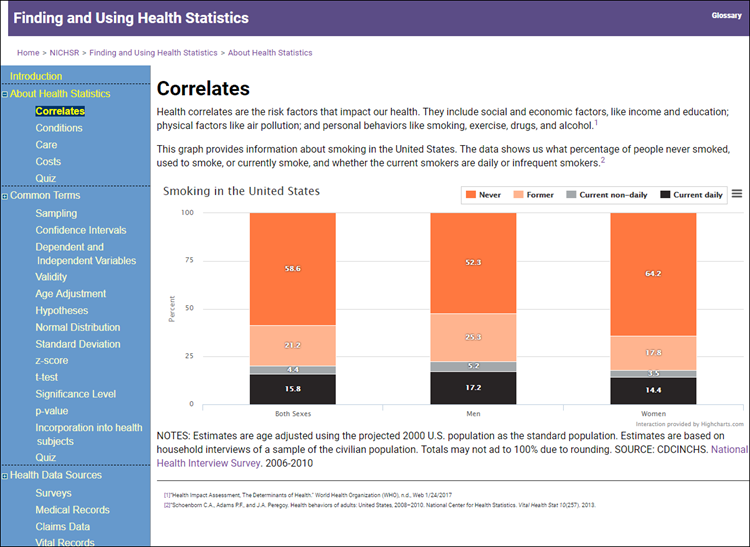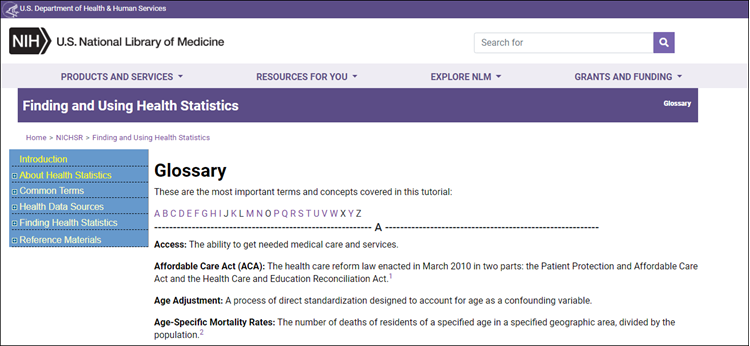Did you know that two professional
Clinical Librarians provide Library Services statewide for Ascension Wisconsin?
Together, we are here to serve the entire state to meet your knowledge and
information needs.
While you have patients, family
members and others to serve, YOU are our first priority. Please contact
us for assistance with:
·
Library Research /
Expert Searching
* Orientation to Library Services
·
Training to use
Library Resources (including specific databases, orientations etc.)
·
Evidence-Based
Practice
·
Retrieving
Articles and Finding Fulltext
·
Ideas for
Audience or Subject-Specific LibGuides / Research Guides
Clinical Librarians - Ascension
Wisconsin:
Michele Matucheski, MLS, AHIP
920-223-0340
Michele earned her Masters of
Library and Information Studies degree from The University of
Wisconsin-Madison. She has been working in health science libraries for
the last 25 years. She started working for Affinity Health System in 1999
at Mercy Medical Center in Oshkosh. In 2012, she broadened her
scope to cover Ministry Health Care. In
2016, she began serving Ascension-Wisconsin. She earned the Academy
of Health Information Professionals (AHIP) credential from the Medical Library
Association. She enjoys collaborating to
make sure people have the knowledge and information they need to make
well-informed decisions in health care. One way to do that is by creating
LibGuides and Tool Kits to make relevant library resources easier to find and
use. See The
Nursing Point of Care Tools, and Nursing Specialties Tool Kits,
Kellee Selden, MLIS, MSMI
414-585-1626 (work)
414-639-8703 (cell)
Kellee earned her Masters of Library
and Information Science degree from the University of Wisconsin-Milwaukee with
an emphasis in Special Libraries. Following graduation, Kellee spent more than
20 years working in various Law Libraries. She then returned to school and
earned her second master’s degree in Medical Informatics from the Milwaukee
School of Engineering. Kellee joined Columbia St. Mary’s as a Medical Librarian
in the fall of 2013. In 2016, she
began serving Ascension-Wisconsin.
Your Clinical Librarians can be
reached at their individual emails or the statewide phone number: (414)
585-5085. This number is checked daily,
but please contact a Librarian directly for faster service.
The Library Services extend beyond
the physical libraries to ALL Ascension associates across the state of Wisconsin
via telephone, email, and online services.
It offers quick access to the
following:
- What’s New blog
- Contact Info for the Ascension Wisconsin Librarians
- FAQs for each physical Library
- Links to the 3 legacy Library intranet sites
- A-Z Database List
- New Issue Alerts / eTOC Service
- LibGuides / Research Guides
- Request Forms
- Search Tips & Tutorials
You may also continue to use the
legacy Library intranet sites:
Columbia-St. Mary's Library Intranet
Ministry Health Care's Library Without Walls (includes Affinity)
Wheaton-Franciscan Library Intranet
Ascension Wisconsin Library Services
Statewide Phone Number
414-585-5085









